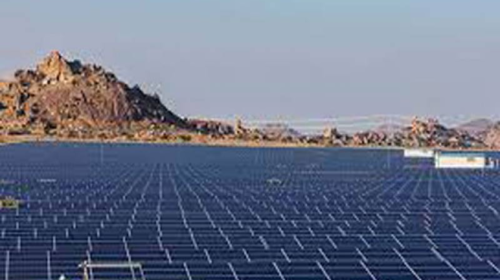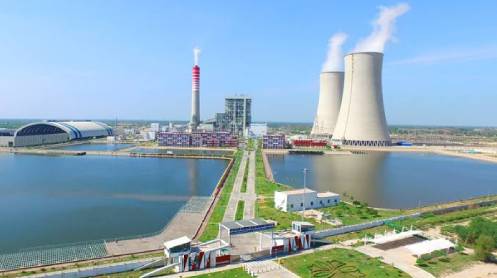Tindo Solar, Australia’s only solar panel manufacturer, has released its largest residential rooftop module yet. It said that its 410 W Karra panel has now been certified for sale and STC rebates.
The 410 W Karra panel is made with 108 half-cut monocrystalline cells based on M10 wafers (182 mm). It operates with a maximum system voltage of 1,500 V and a temperature coefficient of -0.34% per degree Celsius.
The new panel measures 1,731 mm x 1,149 mm x 40 mm and weighs 21.5 kg. It is built with fully tempered glass and is wrapped in a black anodized aluminium alloy frame. It comes with a 25-year product guarantee and a 25-year performance guarantee. End power output is guaranteed to be no less than 80% of the nominal output power.
Tindo Chief Executive Officer Shayne Jaenisch said the 410 W Karra panel had been specifically designed to cater to an increasingly sophisticated rooftop solar market. Tindo said the first order for the panels, which are being manufactured at the company’s headquarters in Adelaide, was from a large corporate buyer.
“Five years ago, Australians wanted solar power on their roofs, and the rebates and feed-in tariffs were designed to drive installations,” he said. “Now, the market is more focused on solar PV with battery, VPPs (virtual power plants), and a power supply with the most efficient and reliable output.”
Jaenisch said the 410 W panel had been tested by TUV SUD Korea. Engineers from the certification body confirmed it produced power at about 21% module efficiency and 23.1% cell efficiency. It recorded a cell-to-module (CTM) loss ratio of just 0.07%. Tindo said the industry average energy efficiency of a solar module is between 17% and 19%, and the average CTM loss is 2% to 3%.
“We should be proud that in Australia we have the engineers and the technical skills to commercially produce one of the highest-performing solar panels in the world, right here in Adelaide,” said Jaenisch. “If Australia is going to lead the world in the energy transition, we have to develop a sovereign capability in renewables.”
Jaenisch said the company had looked to address growing demand for ethically and sustainably produced modules with the new panel coming with an end-of-life recycling guarantee.
“Australians are serious about recycling and forced labor,” he said. “We use a global assurance firm to audit our supply chains for issues such as forced labour, and we have a recycling guarantee so that decommissioned panels are recycled for industrial re-use by Reclaim PV.”





